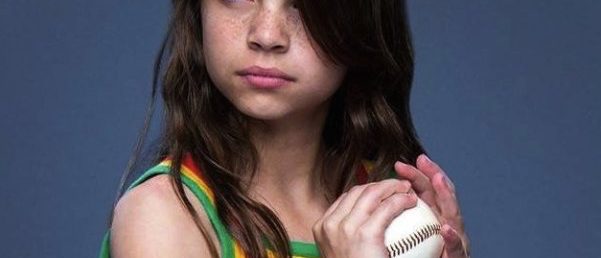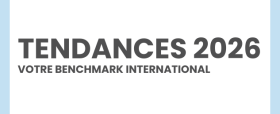La chronique de Mark Tungate: Advertise like a girl
With Leo Burnett’s “Like A Girl” viral for Always tipped to win big at Cannes, it seems that advertising has decided to empower women. Some might say it’s about time, given the way they’ve been objectified for years to promote…well, just about anything. “Sex sells”, say advertisers, and by that they usually mean a scantily-clad young woman. When Caitlyn Jenner appeared in all her transgender glory on the cover of Vanity Fair, Jon Stewart of US broadcast The Daily Show noted amusingly that the media “wasted no time treating her like a woman”, by commenting solely on her looks. From athlete and mogul to cover girl in a corset. Oh, and doesn’t she look amazing for 65? But a crop of recent online campaigns portray women in a different light. Of course Dove has treading on this territory for years, with varying degrees of success. But one could argue that it still focuses on appearance, as the recent “Choose Beautiful” campaign demonstrates. One person who has no problem making that choice is Gisele Bündchen, who gets paid for her beauty. But in a viral ad for Under Armour sports clothing, she literally beats on preconceptions about her life, her intelligence and her right to exist other than as a model. The tweets projected on the wall are real. Not all the comments were negative. One young woman posted on YouTube: “Why can’t they tweet their achievements and then compare them to Gisele’s? #gogirl #kicklikeagirl” A more gritty representation of sport is provided by “This Girl Can”, launched by Sport England to encourage women to exercise. The brilliantly directed and edited spot “celebrates the women who are doing their thing no matter how they do it, how they look or even how sweaty they get. They’re here to inspire us to wiggle, jiggle, move and prove that judgement is a barrier that can be overcome. #thisgirlcan” Now comes the This Girl Can app, which enables women to upload images of their sporting achievements and match them with the campaign logo or lines such as “damn right I’m hot”. The images will then be used on digital outdoor sites across the UK. Of course it’s easy to work out why advertising has taken so long to get around to empowering women: the industry itself remains male-dominated. A recent article in the UK trade magazine Campaign focused on Kay Gordon, who hosts the 3% Conference in San Francisco. It’s named after the percentage of female creative directors listed as working in advertising in a 2004 study. That figure has now risen to 11.5%, says Gordon. But she hopes one day the conference will be no longer needed. “My goal is to put myself out of a job.” Of course, advertising isn’t entirely to blame. The entertainment industry and its gossipy press have made a fortune from archetypal images of femininity. Red carpet interviews have recently come under the spotlight (pun intended): at movie premieres, male actors get asked about how they approached the role; women get asked about their dresses. Just to wrap up, watch what happened when a reporter from British Cosmopolitan magazine switched interview questions on Scarlett Johansson and Mark Ruffalo, co-stars of the latest Avengers movie. This trend isn’t about feminism, necessarily – it’s more about femininity seen through a non-objectifying lens. Mark Tungate is editorial director of The Epica Awards and author of several books about advertising and branding.



